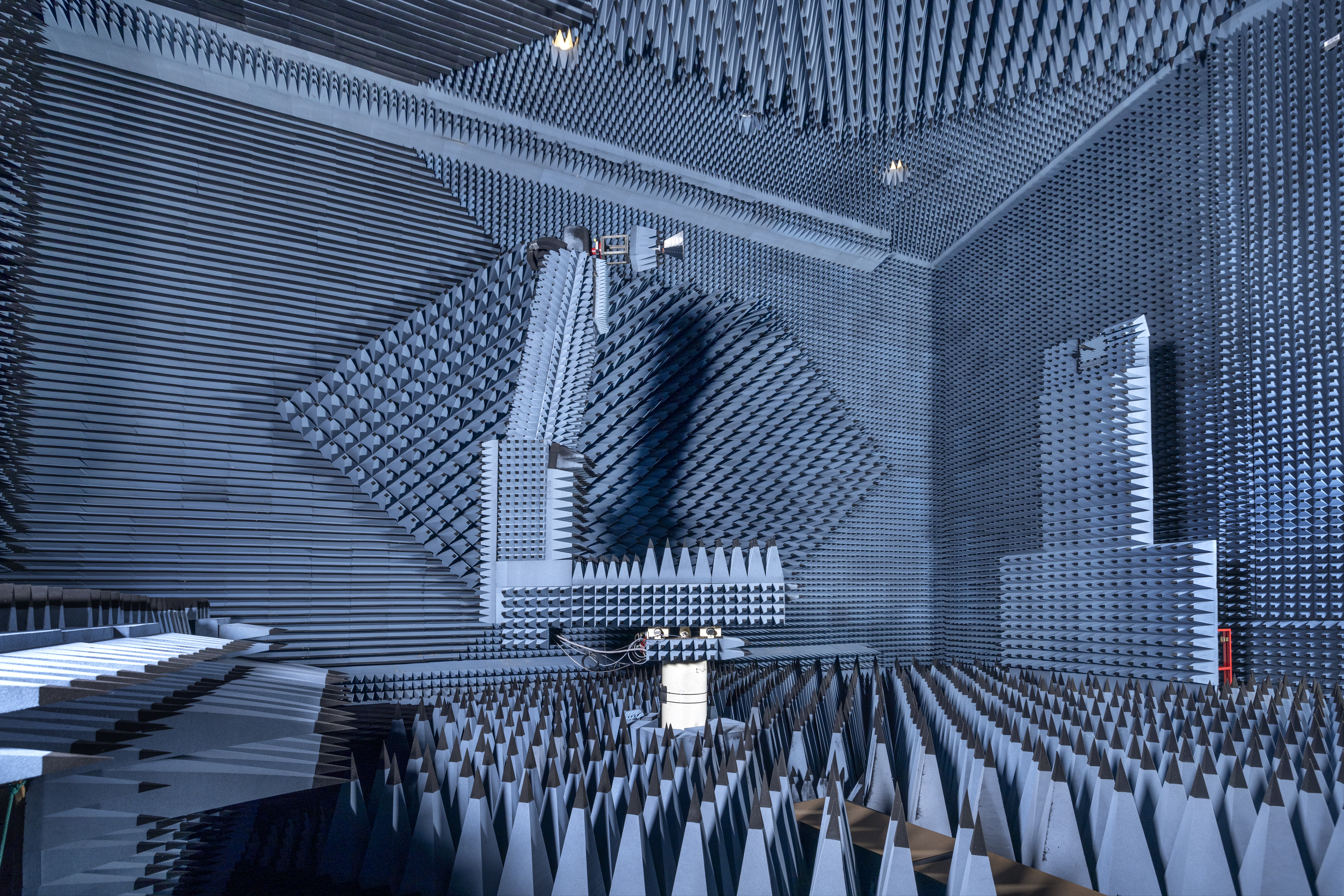Ph.d.-forsvar
Ph.d.-forsvar Kyriakos Kaslis
Kyriakos Kaslis vil forsvare sin ph.d.-afhandling i "Advanced Near-Field Antenna Measurement Techniques".

Principal supervisor:
Associate professor Samel Arslanagic, DTU Space
Co-supervisor:
Ph.D. Olav Breinbjerg, Elmareco
Researcher Jeppe Majlund Bjørstorp, DTU Space
Examiners:
Associate professor Mirza Karamehmedovic, DTU Compute
Professor Manuel Sierra Castañer, Universidad Politécnica de Madrid, Spain
Professor Mats Gustafsson, Lund University, Sweden
Chairperson at defence:
Jørgen Dall, DTU Space
Summary
Humanity is more connected today than it has ever been in its recorded history. Wireless communication devices have proliferated everywhere around the world. Inexpensive mobile phones allow any person to communicate directly with any other person. Events taking place in one side of the planet are immediately known across the globe. Satellites give the ability of remote working from any location. Even gadgets traditionally not connected to any networks, such as refrigerators and thermostats, are now online, giving rise to the Internet of Things.
Many different components go into making the phones, portable computers, and other cellular appliances, that have revolutionized our way of life. However, there is one that is common to every wireless device ever built, namely the antenna. The antenna is a component sually (but not always) manufactured out of metal, whose purpose is to efficiently receive and/or transmit electromagnetic waves. Its performance can have a significant impact on the performance of the entire system it has been installed into and, therefore, the antenna needs to be properly designed and tested. The latter is the subject of this Ph.D. project.
It has now been more than half a century since the advent of near-field antenna measurements. Throughout the years, it has proved to be a reliable and accurate technique of performing antenna measurements. However, there has been increasing demand lately for faster near-field antenna measurements without compromising their reliability and accuracy. During this Ph.D. project, innovative methods were investigated towards that goal with particular focus placed on spherical near-field antenna measurements, due to their importance for the DTU-ESA Antenna Test Facility, where this Ph.D. project took place. More specifically, novel ideas were studied that exploit the signal derivatives of the probe signals in order to reduce the necessary amount of measurement time without, in theory, undermining the accuracy of the results. Furthermore, different ways of performing uncertainty measurements were investigated. Uncertainty measurements are always necessary to assess the quality of a measurement and, usually, they are time-consuming, because they require complete measurements. With the newly investigated methods the entire procedure is significantly accelerated. An other major endeavor, undertaken during this Ph.D. project, is the utilization of quantum sensing for the purpose of antenna measurements. The, relatively, recent emergence of quantum sensing with Rydberg vapor cells opens up a plethora of beneficial possibilities for measuring an antenna’s performance much faster and accurately than ever before. This approach was explored with the kind cooperation of the National Institute of Standards and Technology at Boulder, CO, USA.
Kontakt
Anne Kok Kontorfuldmægtig Institut for Rumforskning og Rumteknologi ako@space.dtu.dk